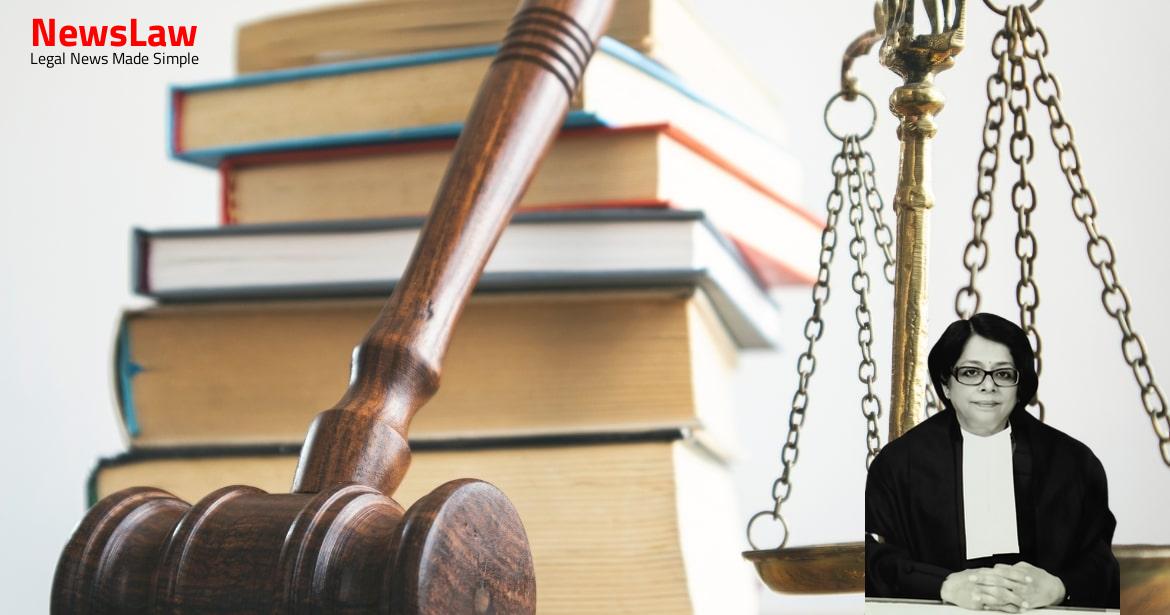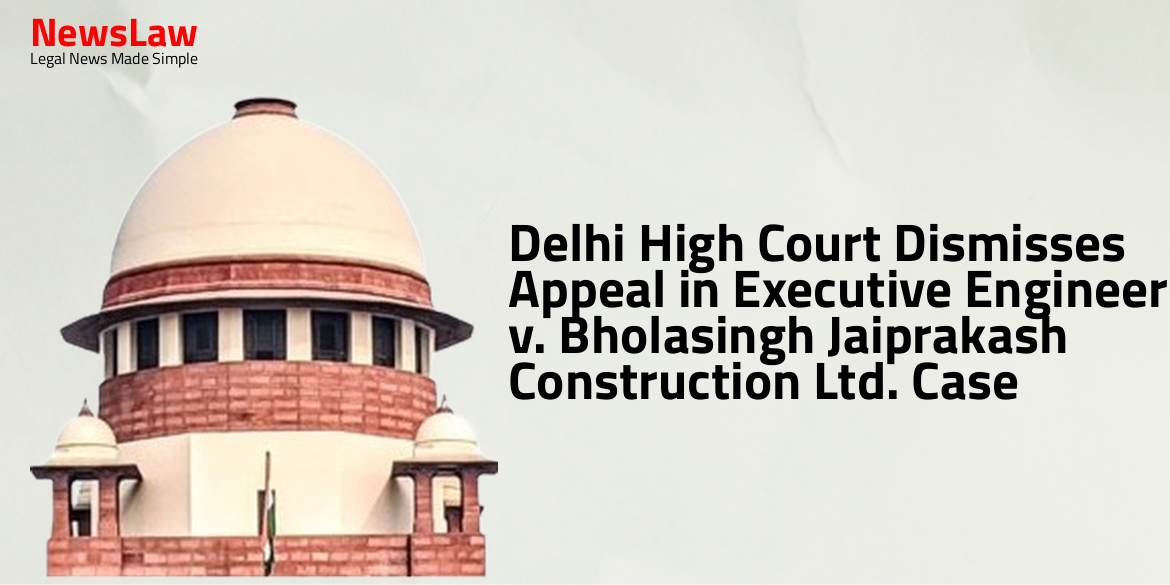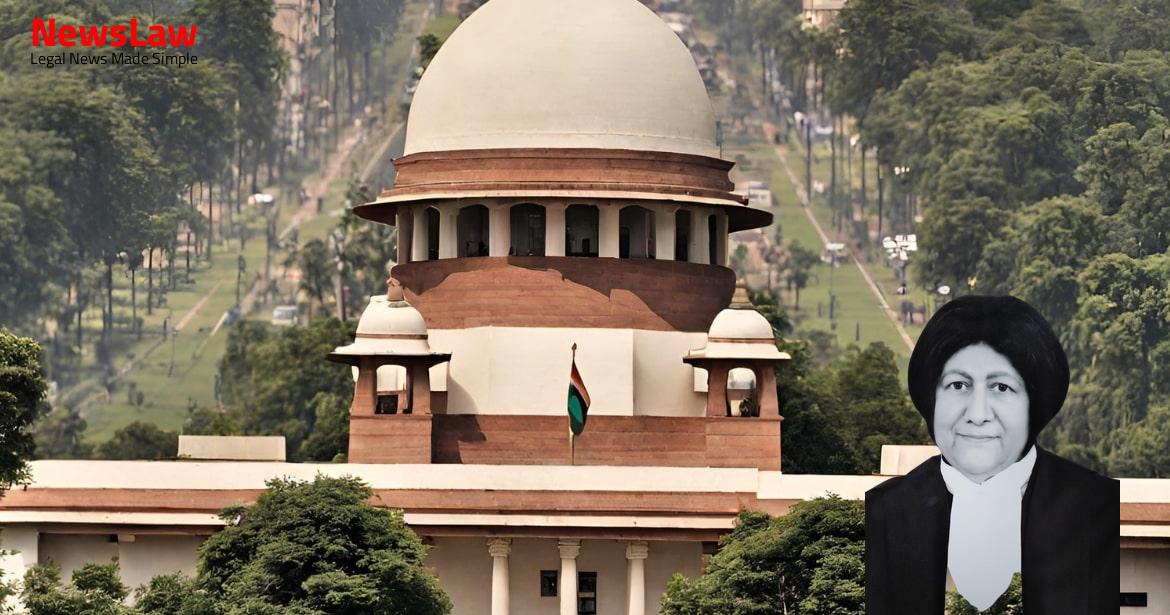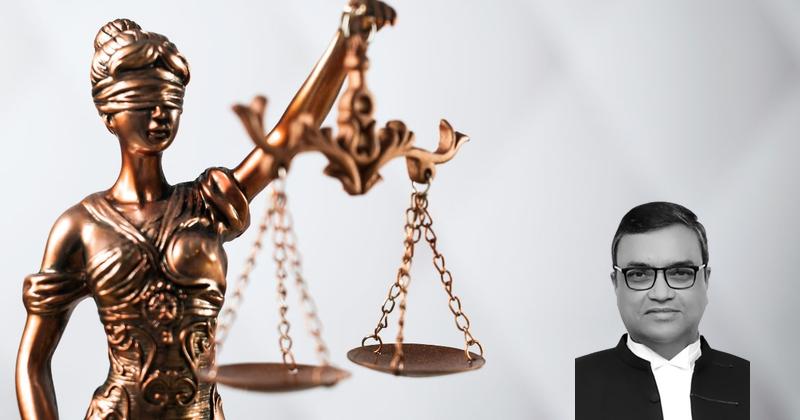In a recent legal case concerning the takeover of a renowned temple, the court offered a detailed legal analysis focusing on key aspects of property rights, privileges, and interpretations of constitutional provisions. The court’s judgment delved into the implications of covenants and agreements with rulers of Indian states, shedding light on the complexities surrounding the management and administration of religious institutions. Discover more about the nuanced legal considerations in this significant temple case.
Facts
- Management of Devaswoms in Travancore was taken over by Colonel Munro in 1811
- Annual payment of Rs.51 lakhs to temples continued, with Rs.6 lakhs for Sri Padmanabha temple
- Administration of Sri Padmanabha temple under control of Maharajah through executive officer
- Devaswom properties remained separate with no need for special grant from State revenues
- Integration of Travancore and Cochin States led to proclamation for temple maintenance and lawsuits barred
Also Read: Legal Analysis on Arbitration Petition Limitation Period
Arguments
- The petitioners argued that there is no valid necessity or public purpose for the government to take over the Sree Padmanabha Swamy Temple.
- They emphasized that the temple has traditionally been under the administration of the Travancore Palace and should not be interfered with by the government.
- The petitioners highlighted that the traditional belief is that the temple belongs to the royal family of Travancore, known as ‘Sree Padmanabha Dasas’.
- They contested the idea that the temple is a family temple, citing court judgments that recognize it as a public temple of historical significance.
- The petitioners argued against the need for a takeover, stating that the temple administration is functioning adequately without any major issues.
- They suggested appointing a financial controller for overseeing expenses and maintaining accounts, rather than government intervention.
- The petitioners also pointed out that several other temples in Kerala are managed by specific families or private trustees, and the Sree Padmanabha Swamy Temple is essentially a temple trust managed by the Travancore Palace.
- Mr. Gupta, Senior Advocate for the State argued that without a claim being raised by a religious denomination, there is no basis for adjudicating violations of Articles 25 and 26 of the Constitution.
- Therefore, the court will not give a finding on the violation of religious rights or the denominational character of the Temple.
- The relationship between the ‘Ruler of Travancore’ and the Temple’s religious significance was not addressed as part of Hindu religion in general.
- The court declined to address the questions raised by Mr. Deepak, Advocate for the Intervenors in the case.
Also Read: Analysis of High Courts’ Jurisdiction and Court Orders Under Article 142
Analysis
- Article 366(22) defines the term ‘Ruler’ to mean the Prince, Chief, or other person who entered into a covenant or agreement as referred to in Article 291 and who is recognized by the President of India as the Ruler of the State, including successors to such Ruler.
- The Travancore-Cochin Hindu Religious Institutions Act, 1950 was enacted to oversee the administration, supervision, and control of Hindu Religious Endowments and Funds in Travancore, Cochin, and the entire state except the Malabar area.
- The Act allows the Board to assume management of Hindu Religious Endowments in cases where trustees refuse, are incapable, fail to manage properly, or in cases of mismanagement, among other reasons.
- The Act empowers the Board to exercise superintendence over institutions if trustees are not fulfilling their duties adequately.
- Article 363A inserted in the Constitution extinguished the recognition of Rulers and the Privy Purse obligations as per preceding Articles like 291 and 362.
- The Covenant between the rulers of Travancore and Cochin outlined the formation of the United State of Travancore and Cochin, with provisions for a common executive, legislature, and judiciary.
- The duty of administration at temples and religious institutions is vested in different individuals, such as shebaits, archakas, or Mohants, depending on the institution.
- The law does not readily accept the claim of escheat, which is the transfer of property to the state in the absence of legal heirs.
- Succession to Mahantship or Math of religious institutions is governed by custom or usage.
- Before escheat can be considered, public notice by the Government must be given to allow potential claimants to come forward.
- The property may escheat to the State only if the founder of the institution has left no heirs.
- The principles of succession and escheat are established through various legal cases and judgments.
- The obligations of trustees, shebaits, or managers of religious institutions are emphasized to prevent misappropriation of property.
- The right of a shebait or Mahant in endowed property is distinct from a trustee under English law but still carries legal responsibilities.
- The court does not readily accept escheat and places the onus on the party asserting lack of legal heirs to prove the case.
- Covenants and agreements with Rulers of Indian States have implications for property rights and privileges, which need to be interpreted in line with the Constitution.
- The decisions in Madhav Rao Jivaji Rao Scindia and Raghunathrao Ganpatrao have ruled out the applicability of any bar.
Also Read: Electoral Malpractices in Mayor Election
Decision
- The affidavit of undertaking filed by appellant No. 1 and successors is binding.
- Upon constitution of Administrative Committee, the Interim Administrative Committee ceases to operate.
- Audit to be conducted by reputed Chartered Accountants.
- All members of Committees must be Hindus and fulfill requirements in Section 2(aa) of TC Act.
- Functions of Committees include worship of deity, property maintenance, providing facilities to worshippers.
- Prohibition on drawing remuneration for Manager or Trustee services by appellant No. 1 and successors.
- Ensuring rituals are performed as per customs and guidance of Chief Thantri.
- Resolution of Writ Petition with dismissal of Contempt Petition.
- Consideration of opening Kallara B for inventory purposes.
- Appointment of Executive Officer by Administrative Committee.
- Steps to return State amounts spent, repairs to be jointly undertaken by involved parties.
- Delegation of powers to Administrative Committee and formation of Advisory Committee.
- Filing of reports and conservation efforts for the Temple.
- Utilizing Temple income for improvements, charitable purposes, and investments.
- Audit for last 25 years to be conducted.
- Retention of security arrangements funded by Temple.
- Release of funds to Mr. Rai approved by Committee.
- Continuation and evaluation of Committees as per Advisory Committee’s decision.
Case Title: SRI MARTHANDA VARMA (D) TH. LR. . Vs. STATE OF KERALA . (2020 INSC 451)
Case Number: C.A. No.-002732-002732 / 2020



